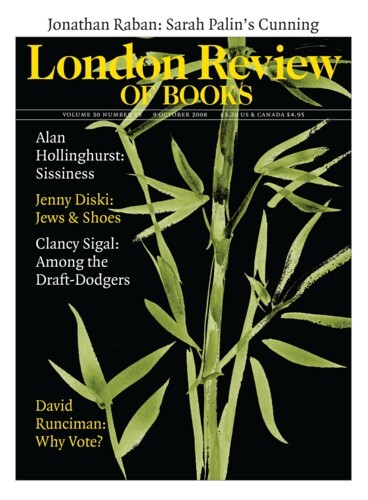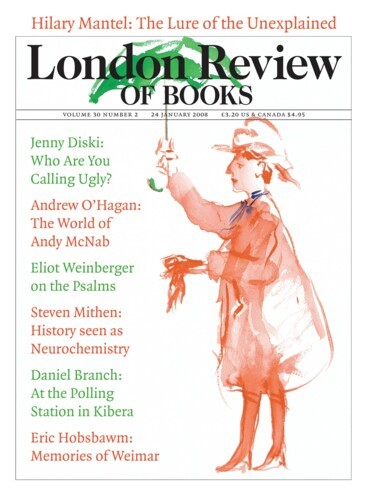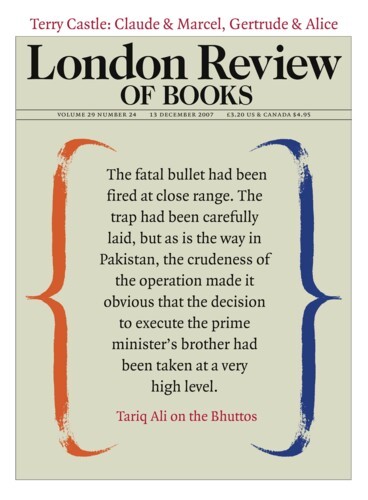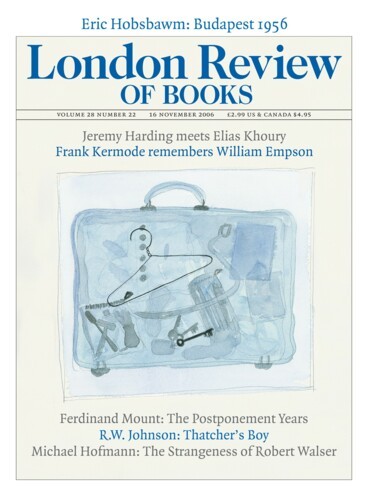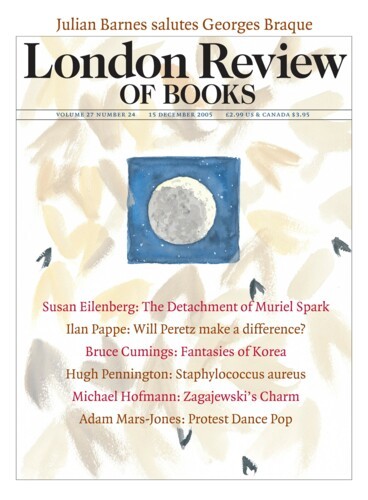Poem: ‘Letter from Australia’
Michael Hofmann, 9 October 2008
to Ralph Savarese
The early worm gets the bird – it’s morning in Australia. It’s strange to be so bilious so far away.
Little to do with Australia, which so far as I can see seems mostly delightful: airy pastel buildings and trees I can’t name.
There is some peculation among the local pols, mainly relegated to the business section: a few million hectares rightly or...
